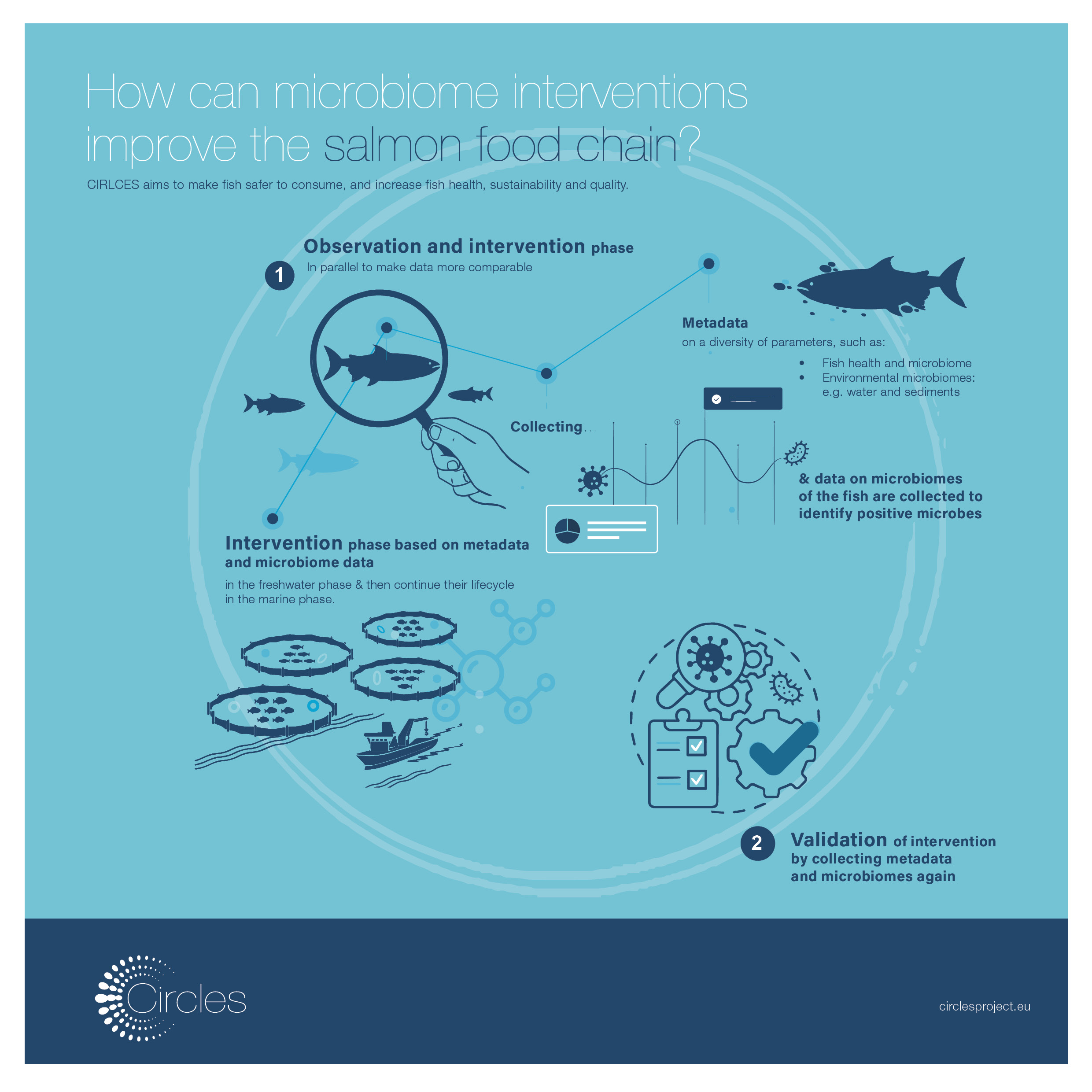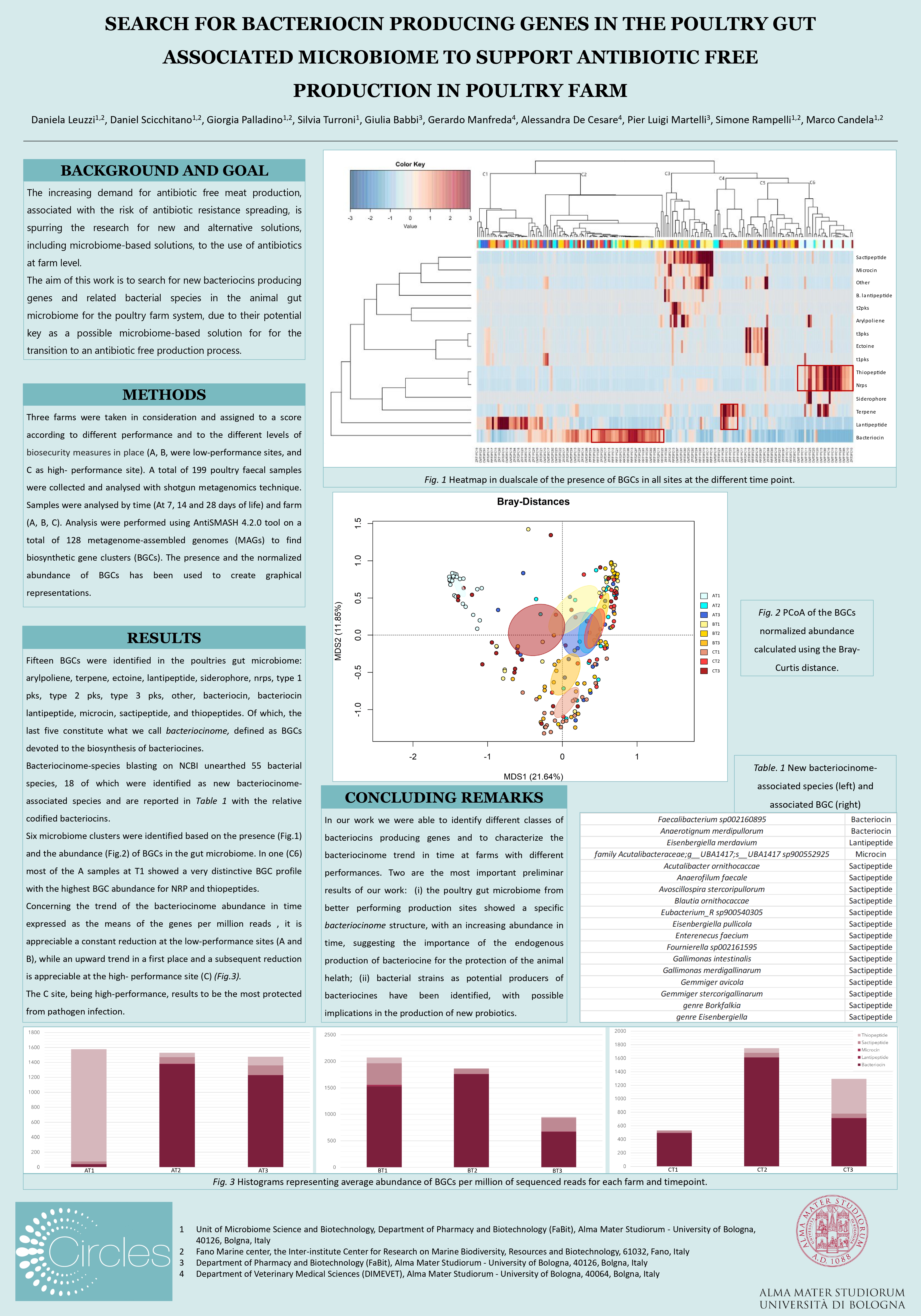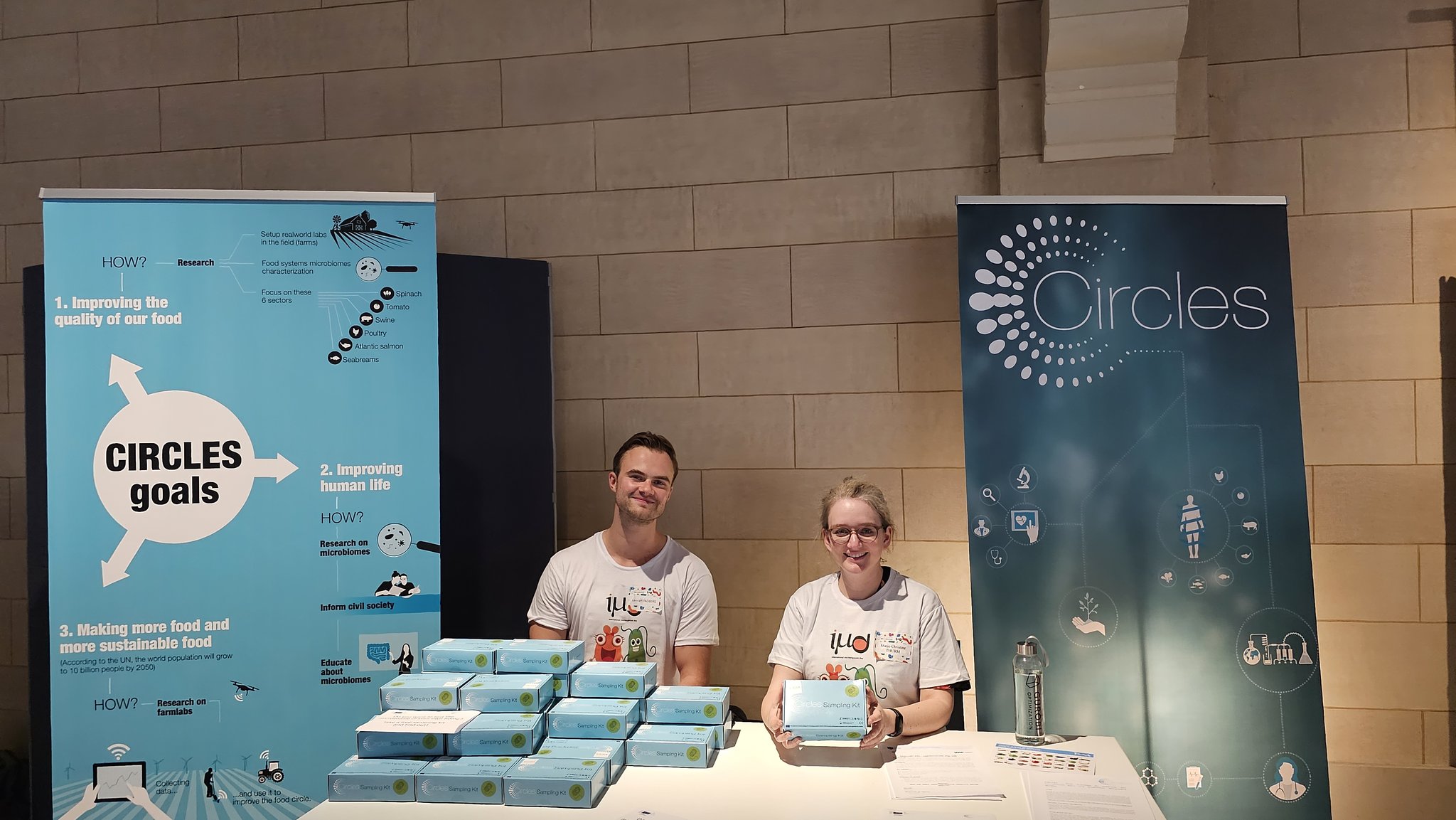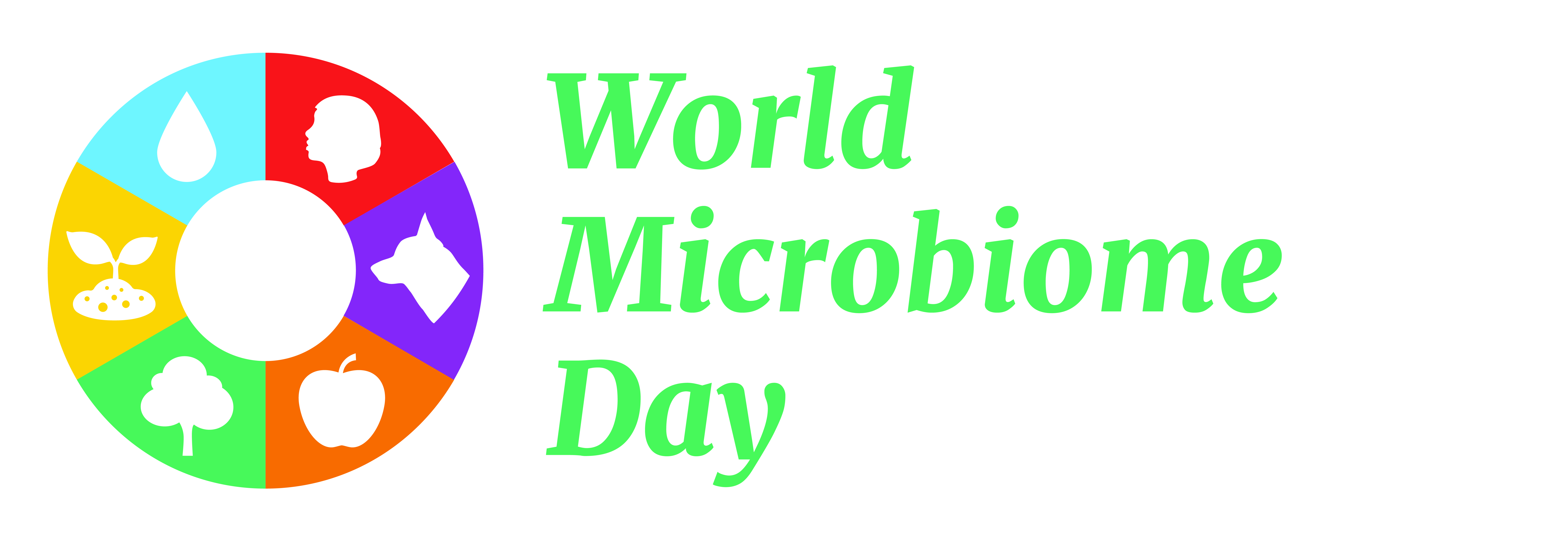
At the CRTM in Riccione dozens of sea turtles are treated and subsequently released every year
(credit: Carlo Marinacci)
The plastic problem
Plastic pollution forms an increasing threat to the ecological balance in marine ecosystems. It causes ingestion, suffocation, and entanglement of sea life animals. The consequences for human beings are also alarming, as small plastic waste, or plastic debris (PD), enters the food chain via various marine organisms. In the context of the CIRCLES project, a group of scholars from the University of Bologna investigated the loggerhead sea turtle (Caretta Caretta) that lives across the whole Mediterranean Sea and is impacted by the high level of plastic pollution. The researchers sampled the faeces of 45 turtles that were admitted to the Turtle Hospital of the Cetacea Foundation in Riccione and they found plastic debris in almost all of them. These findings were unfortunately not surprising, as it confirms the expected high level of polluting materials present in the sea.
Intoxication
The results of the study do not only concern the level of marine pollution, but also directly affect the state of the animals’ health. Once the loggerhead sea turtle ingests plastic debris, the small plastic parts interact with residing groups of microorganisms and accumulate in the final stage of the turtles’ digestive tract before being expelled. Subsequently, it was also found that the gut microbiomes of the sea turtles adapt to this influx of plastics and helps the turtles survive these toxics. This however does not mean the plastic residues cannot damage the intestine and stimulate the absorption of toxic chemical compounds. “Our analysis made it possible to associate the presence of plastic debris with specific pathological alterations of the turtles’ intestinal microbiota, with negative consequences on their health”, confirms Dr Elena Biagi, researcher at the department of Pharmacy and Biotechnology at the University of Bologna and lead author of the study. The role that microbiomes play is vital in this case, and once again emphasizes the importance of the research performed within CIRCLES.
Future research
Besides confirming the role of sea turtles as relevant plastic pollution indicators, this study also paves a way to future studies exploring the impact of the observed gut microbiome changes in terms of mechanism of action and consequent effects on the animals’ health and physiology.





